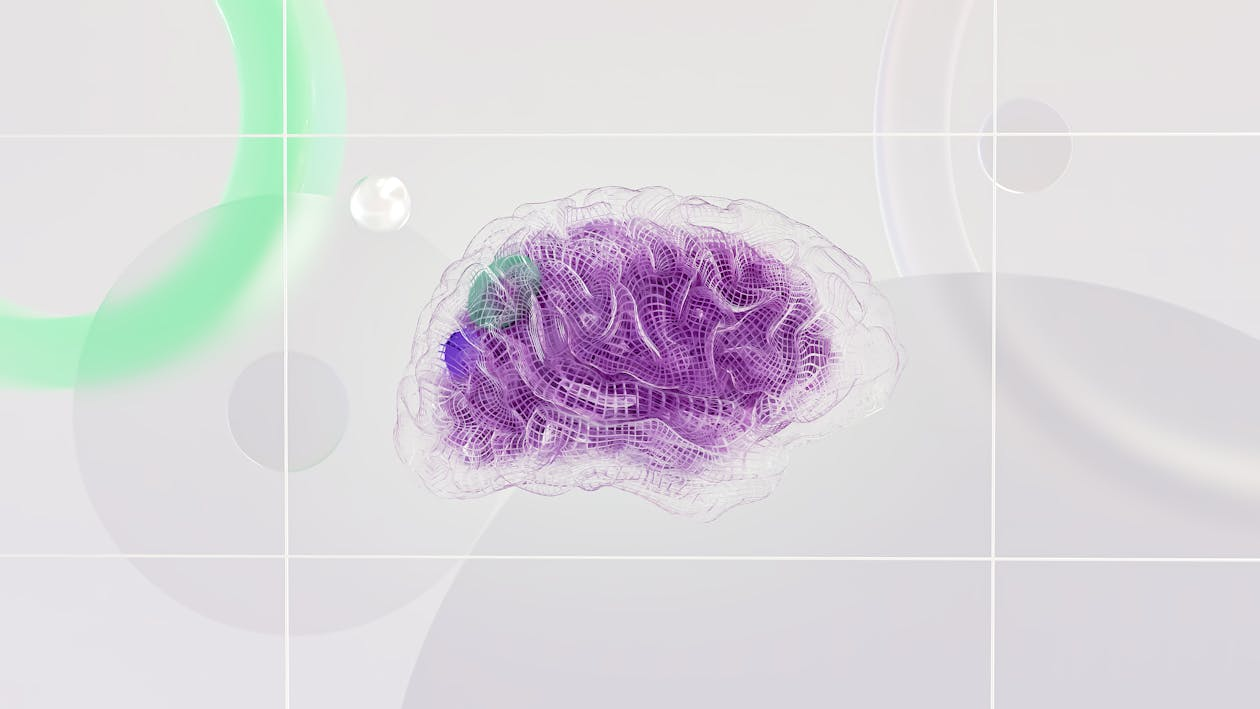
When someone struggles with compulsive sexual behavior or pornography use, it might seem like they’re simply making bad choices. But addiction is not a moral failure. It’s a pattern that becomes etched into the brain’s wiring over time. Fortunately, science offers hope. Through a process called neuroplasticity, the brain can actually change and heal—and therapy plays a vital role in that transformation.
Paradise Creek Recovery Center leverages this powerful concept in its comprehensive sex addiction treatment, helping clients retrain the brain, rebuild relationships, and rediscover self-worth.
What Is Neuroplasticity?
Neuroplasticity is the brain’s natural ability to reorganize itself by forming new neural connections. This means that behaviors, emotions, and even personality traits shaped by addiction can be rewired through consistent therapeutic intervention.
In early addiction, the brain adapts to repeated behaviors like compulsive porn use or sexual acting out. These behaviors flood the brain with dopamine, reinforcing a reward loop. Over time, this loop becomes automatic—and incredibly hard to break. But just as these pathways were built, they can also be replaced. That’s where targeted sexual addiction recovery programs come in.
How Therapy Supports Brain Change
Therapeutic environments like Paradise Creek offer structured and supportive settings that allow the brain to form new, healthy habits. In fact, one of the most powerful aspects of inpatient sexual addiction treatment is the way it immerses the client in daily routines that promote healing.
These routines include individual therapy, group sessions, neurofeedback, trauma processing, and even physical exercise. Each element helps regulate the nervous system, decrease shame, and build healthier emotional responses. Through repetition and emotional safety, these new experiences reshape neural pathways.

One-on-one therapy rewires emotional responses in sexual addiction inpatient programs
Trauma Treatment and Brain Repair
Many clients struggling with sexual addiction also carry unresolved trauma. Childhood neglect, emotional abuse, or attachment wounds can distort the way the brain interprets safety, intimacy, and connection. These experiences often wire individuals for hyperarousal or emotional shutdown, fueling compulsive behaviors.
That’s why trauma treatment is central to the healing process. Modalities like EMDR (Eye Movement Desensitization and Reprocessing) and somatic therapy help clients reprocess painful memories and reduce the emotional charge attached to them. When the brain no longer feels hijacked by trauma, it’s free to build new, healthier responses to stress and intimacy.
Why Environment Matters
It’s incredibly difficult to change patterns while remaining in the same environment that helped form them. That’s why inpatient sex addiction treatment is so effective. In a controlled, peaceful setting like Paradise Creek, clients can focus on healing without everyday triggers.
The natural landscape, daily structure, and supportive community provide a container for transformation. Here, clients aren’t just learning to say “no” to unwanted behavior—they’re discovering how to say “yes” to emotional regulation, secure connection, and internal peace. These are the conditions that make neuroplasticity possible.
Addressing Pornography and Online Offenses
Paradise Creek is one of the few porn addiction treatment centers in the country that specializes in online sexual behavior, including child pornography and other internet-based offenses. This population often faces intense shame and legal consequences. But from a neurological perspective, the same principle applies: the brain has adapted to compulsive stimuli—and with care, it can unlearn those responses.
Clients in these programs receive pornography addiction treatment that is judgment-free, trauma-informed, and rooted in neuroscience. Over time, they begin to experience what healthy emotional connection feels like, rather than chasing artificial highs through digital content.
The Long-Term Payoff
Real recovery doesn’t happen overnight. It takes time, safety, and repeated positive experiences to reshape the brain. But with commitment and the right environment, change is not only possible—it’s expected.
Clients often report increased emotional awareness, better relationships, and improved decision-making after completing sex addiction treatment programs. These aren’t just anecdotal shifts. They’re the result of actual brain rewiring—a physical transformation fueled by emotional healing.
Take the First Step Toward Change
If you or a loved one is struggling, you don’t have to stay stuck in old patterns. Neuroplasticity proves that healing is possible—and Paradise Creek Recovery Center is here to help. Learn more about their full sex addiction treatments, explore their inpatient recovery programs, or contact the team to begin your journey toward long-lasting change.
